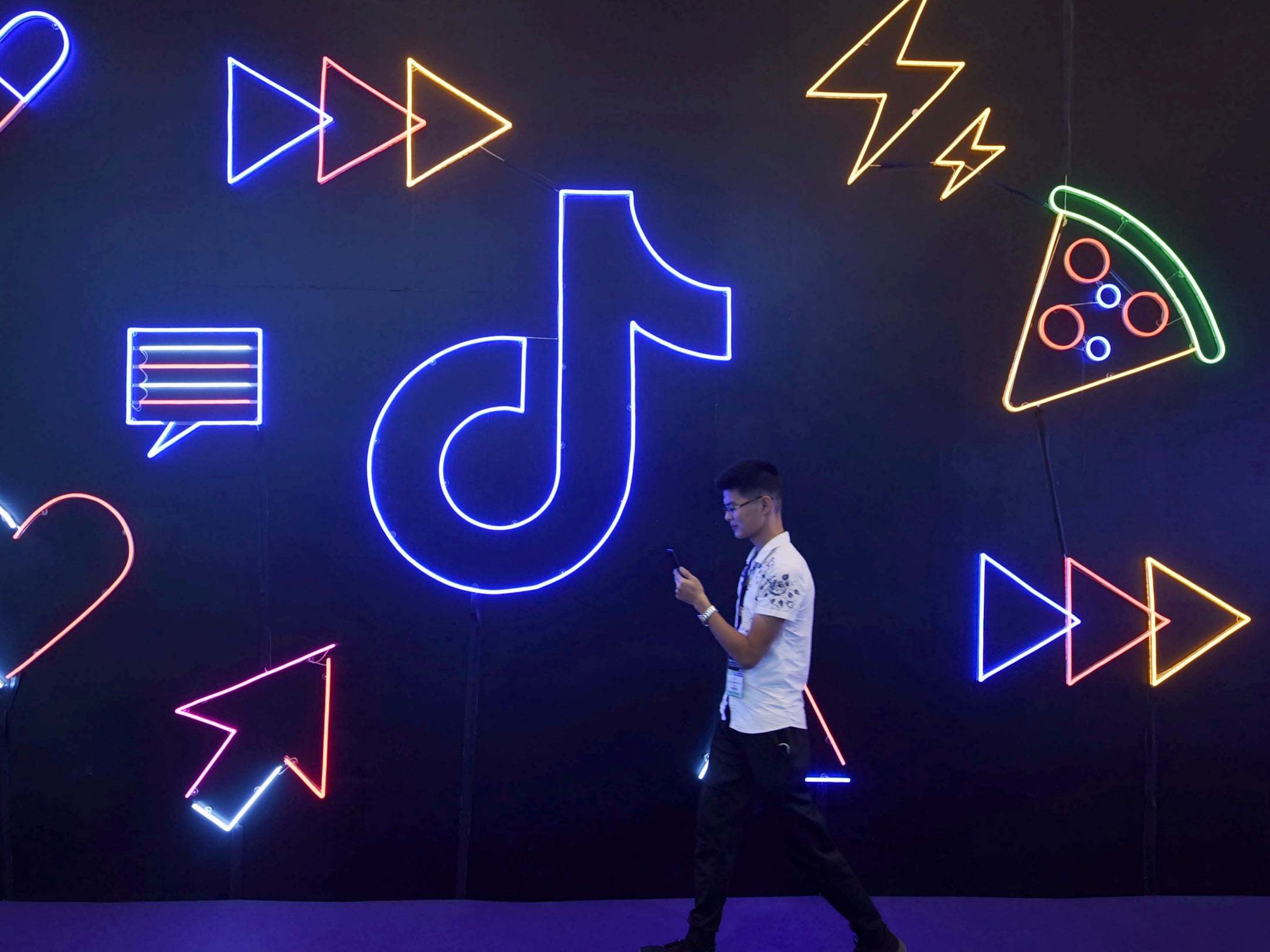TikTok in China gets 40-minute limit for kids under new regulations
The regulations follow similar restrictions placed on video games last month

Your support helps us to tell the story
From reproductive rights to climate change to Big Tech, The Independent is on the ground when the story is developing. Whether it's investigating the financials of Elon Musk's pro-Trump PAC or producing our latest documentary, 'The A Word', which shines a light on the American women fighting for reproductive rights, we know how important it is to parse out the facts from the messaging.
At such a critical moment in US history, we need reporters on the ground. Your donation allows us to keep sending journalists to speak to both sides of the story.
The Independent is trusted by Americans across the entire political spectrum. And unlike many other quality news outlets, we choose not to lock Americans out of our reporting and analysis with paywalls. We believe quality journalism should be available to everyone, paid for by those who can afford it.
Your support makes all the difference.TikTok’s equivalent Chinese app, Douyin, will be restricted for children in China to only 40 minutes per day.
In a post on the QQ social media site, Douyin’s parent company ByteDance wrote that users under the age of 14 will only be able to use the app between 6:00am and 10:00pm. That rule will be backed up by real-name authentication, a system that China has also been using for gamers on consoles.
The restriction, which ByteDance is calling ‘youth mode’, will only show “prepared” content such as historical information, exhibitions, scenery, and science experiments. Douyin says it is the first platform in the short-form video industry to introduce this restriction, so is opening up a bug bounty for users to report suspicious activity such as “access processes, cracking and other vulnerabilities”, as well as general user experience issues.
“Yes, we are more strict with teenagers”, the post concludes, but says the app will “will work harder to provide quality content so that young people can learn and see the world”.
Last month, China implemented similar restrictions for people under 18 playing video games, which the state-owned media described as an “opium for the mind” and “electronic drugs”.
Video game companies can now only provide service to minors on Fridays, Saturdays, Sundays, and public holidays between 8pm and 9pm.
The Chinese government argues that young people are “still in the stage of physical and mental development” where their “self-control is relatively weak”, and as such limiting video games will encourage them to “actively participate in physical exercise, social practice and various colourful, healthy and beneficial recreational activities”.
Such restrictions have not been as successful in other countries, however; in South Korea, the 2011 Youth Protection Revision Act banned children under the age of 16 from playing video games for six hours to ensure a healthy sleeping schedule.
However, South Korea repealed that law this year, with the country’s Culture Minister Hwang Hee saying that, “for youths, games are an important leisure activity and communication channel”.
Join our commenting forum
Join thought-provoking conversations, follow other Independent readers and see their replies
Comments